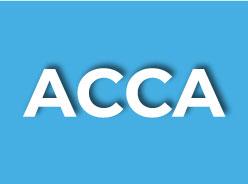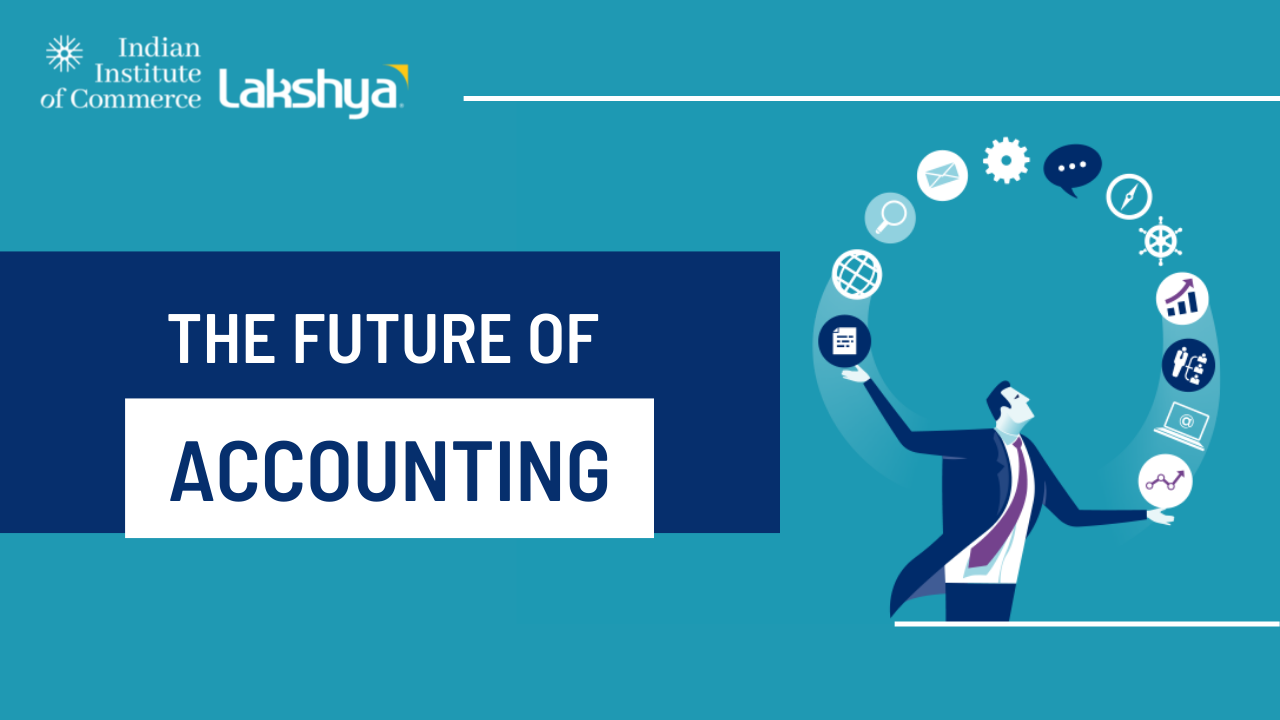The accountancy profession just like other professions is going through rapid change due to the drastic change in culture, technology and the work of work. The profession in particular is witnessing a threat to its future viability because of these broad challenges. The future viability if put on the highlight as people question its attraction, its relevance and the challenge of change.
These new changes demand that accountants are branded and marketed in a different manner. A survey from ABN says that 87% of accountants firmly believe that they were to be marketed better. Accountants need to be multi disciplinary and acquire and develop skills and knowledge such as psychology, leadership, negotiation, critical thinking and creativity.
Unlike the times before, automation has eased the burdens of accountants. Accountants now have a lot of time on their hands to learn and explore new skills and keep updated with technological changes. Smart computing includes cloud computing, learning to use social media etc. This will help accountants to better interact with stakeholders and will help to reach broader communities.
Though accountancy is going to change radically in the future, the change must not be rapid as most people are apprehensive to change.
In this blog we will discuss in depth about the changes and trends that we will see with respect to accountancy
- Remote work environment: With the pandemic, the traditional manner in which we work is of no relevance. Employees are no longer required to work from a physical office and businesses should take advantage of this fact. In fact, accounting industry should be able to adopt this way easier than other industries because of the nature of work. More and more accountants are able to work remotely now because of the introduction of cloud-based software, which allows employees to collaborate and work on the same project without having to be confined to the same physical location. This trend is only going to rise and cloud giants such as Microsoft Azure and AWS and on the scene. Remote work has many perks to it such as having a workforce spread across the nation, increased flexibility and decreased overhead costs. In order to successfully implement remote work, we need to use the right technological solutions such as virtual communication tools, cloud based accounting softwares and secure online data storage and sharing. The work from home policy that we set up also needs to stay competitive. There are multiple ways to manage your employees and now is the right time to explore and learn more about the various management styles. This will also help you as the way one employee works remotely will not work for others. Remote work environments have the additional burden of providing a flexible, customizable work environment of they wish to retain and promote talent. With the support of the right technology and tools this is much easier compared to any other time.
- Data Security: One of the biggest challenges the world faces now with digitalization is the security of its data. As more and more data is being shared online via firms and their clients, hackers are also stepping up their techniques. It is very vital that accounting firms are able to protect themselves from cyber threats and other data security issues, this could include offering end user cybersecurity training to all employees, whether they are a receptionist or more. If they have access to sensitive data, then they need to be upskilled. Cloud based software is now providing us with ways to manage work in a cost effective manner, it is also highly scalable when it comes to securing online data storage, which makes it sage for accountants to access sensitive data from the comfort of their homes. Accounting firms should also implement systems with two-factor authentication as this will ensure that only authorized personnel will have access to sensitive data. As companies have many vital data, even the slightest data breach could cause millions to a company. Having a strategic plan for data security will decrease the risk of exposure to the organization's most valuable data.
- Advisory services and holistic advisors: If accounting firms are looking to stay competitive then they have to expand beyond traditional bookkeeping and tax preparation services, they will have to venture into advisory services as well. Advisory services will include providing recommendations on how a business or organization can use new technology in order to boost efficiency or solve problems in areas such as operations software management or human resources. These kind of services will allow CA’s to bridge the gap between accountants and other financial advisors. With access to data like never before, accountants now have access to accurate insights and can guide clients with valuable advice. Even though accounting automation is on the rise, we cannot discount the need for human influence. This opens the doors for holistic advisors rather than transactional accountants. Accountants who understand this will be able to earn more revenue that others who stick to the traditional template.
- Cloud based accounting software: With more and more businesses moving to the cloud, accounting firms are also following suit. Cloud based accounting software will enable your firm to gain access to data anywhere remotely, all you need is access to the internet. This is a wonderful opportunity for firms who are open to hiring talent from across the nation, or for those who want to expand their business to multiple locations. Cloud based solutions make remote work, collaborate and access to files easy. Multiple accountants can collaborate and access the data at the same time, giving the opportunity to come up with unique ideas and save valuable time. This will also save the firms costs when compared to traditional accounting services and softwares. It also helps establish workflows, saves the valuable time of the organization and avoids duplicate work where employees recreate repeatable tasks again and again. In a single line, we can state that cloud based solutions will save time, and cost, and increase accessibility and security.
- Accountants with a diverse set of skills - In order to keep up with the changing accounting environments, firms are on the look out for CA’s who have a diverse skill set. Accountants will not be confined to just preparing financial statements or filing tax returns anymore. All such tasks will become automated soon enough. In order to be successful CAs are expected to learn and utilize technology effectively. They should be able to analyze data and communicate the findings effectively with the clients. They should be well versed in business concepts and should be advisors to their clients as well. As the world becomes more complex, the role of the accountant is also going to vary, this means that accountants are expected to be on top of their game so that they know how to stay ahead of the curve.
- Big Data: As data becomes more and more complex to tackle, CAs and ACCAs are expected to learn how to manage and analyze the data effectively. This means that accounting firms now should hire employees who have a strong background in data analytics and have adequate experience in analyzing data, which will help them understand data effectively, this is where big data comes to play. Big data as the name suggests means large volumes of data which may be collected by various sources. Accounting firms need to learn how to handle and store such data, how to analyze and study and in effect be able to harvest information which will be actionable so that they can be competitive. Having access to big data will help firms to analyze and predict future trends. Firms that don't harness the power of big data will miss out on a lot in the future. It enables organizations to predict the future and understand the consequence they will have to face if they don't make the right plans. CAs who can analyze data effectively will be able to plan, control and analyze trends and provide solutions before anything happens.
- Blockchain technology: Blockchain is a distributed ledger technology which allows for secure, transparent and tamper-proof transactions. Accounting firms and future CAs should pay close attention to how this technology is going to play out, as it has the potential to revolutionize the way businesses operate. Blockchain technology is expected to grow by $1.1 billion by 2023. Blockchain records and stores assets, liabilities, and transactions and will provide methods of cash flow and reconciling accounts. It is crucial for future accountants to be well versed in this concept as blockchains are already changing the way the accounting sectors are lowering the costs of reconciling and maintaining ledgers. It will help accountants to gain a better understanding of the firm's obligations and their available resources. Some possible applications include automatic invoicing, payments and audit trails. The blockchain could help reduce the need for third-party intermediaries such as banks and auditors, saving organizations time and money.
Keeping this in mind, future accountants should pay more heed to upcoming technologies to ensure that they are on top of the job market.

 ABOUT LAKSHYA
ABOUT LAKSHYA  WHY CHOOSE LAKSHYA
WHY CHOOSE LAKSHYA  MISSION AND VISION
MISSION AND VISION  CHARTERED ACCOUNTANCY (CA)
CHARTERED ACCOUNTANCY (CA)  ACCA
ACCA  CMA-USA
CMA-USA  RESULTS
RESULTS 


